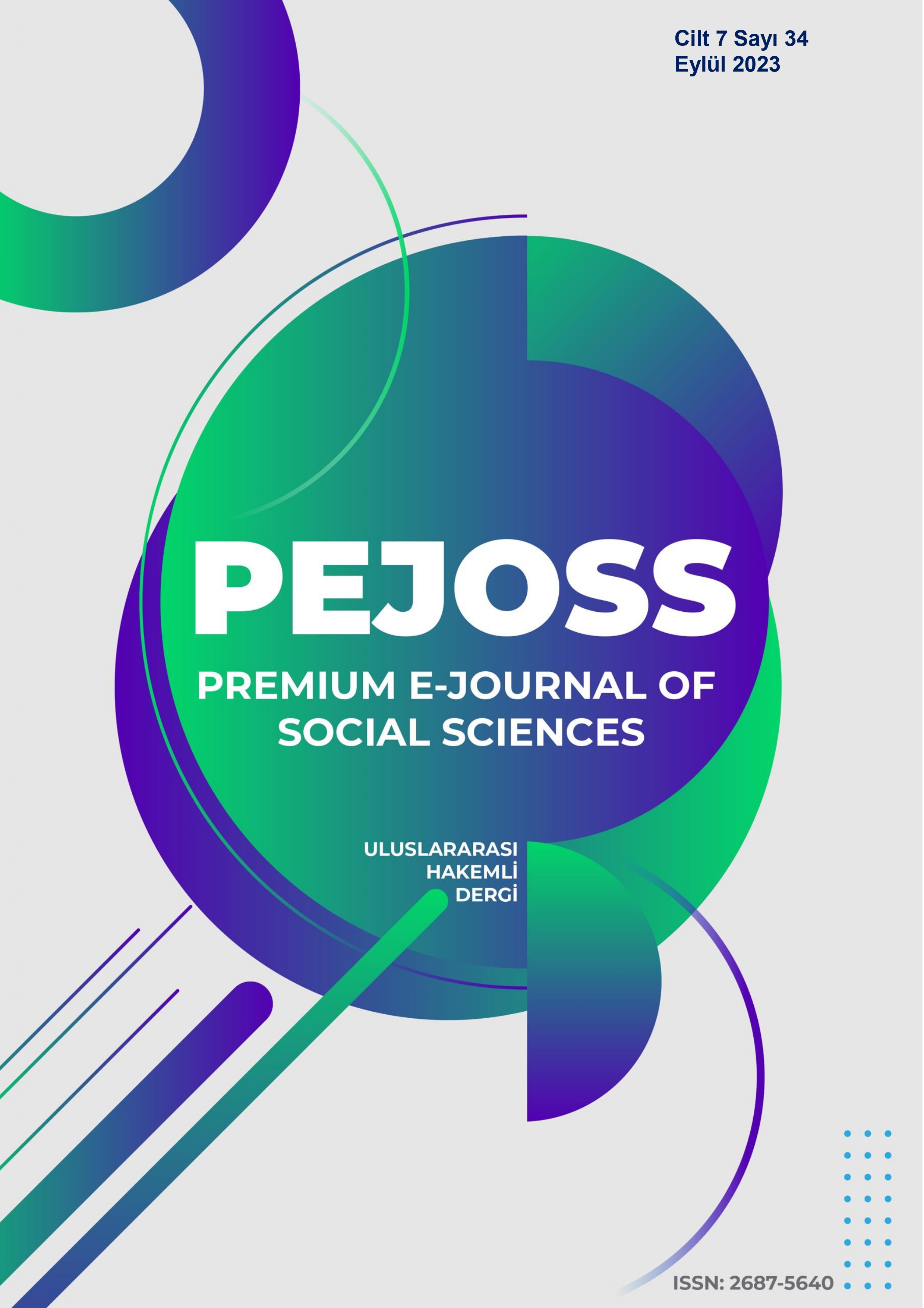Comparison of the Comments of Imam Maturidi and Zamakhshari on Warnings of Divine Punishment to Believers
DOI:
https://doi.org/10.5281/zenodo.8404766Keywords:
Imam Maturidi, Zamakhshari, divine torment, believersAbstract
Imam Maturidi is one of the leading names of Ahl as-Sunnah. Zemahşeri is one of the last defenders of the Mu'tazila sect and is an important name in the school. It is a principle revealed in the Qur'an that those who deserve it will be punished by Almighty Allah in accordance with divine justice. This punishment was mostly directed towards groups that adopted belief structures such as infidels, polytheists and hypocrites. However, in some verses, it is seen that believers are warned by divine punishment for both worldly and hereafter life. Here, warnings are made based on the actions taken, not the belief structure. In the context of faith-deed relationship, deliberately killing someone, dividing into groups, failing to respect Allah's prophet, avoiding fighting in the way of Allah, slandering an honest woman, swearing falsely, and doing wrong in social life by exceeding the limits set by Allah. Topics such as these were interpreted by Imam Maturidi and Zamakhshari within the framework of the theological thought they accepted. Here, the views of both authors are discussed in terms of difference and similarity.
Downloads
References
Altun, H. K. (2019). Zemahşerî’nin Kelâmî Görüşleri. [Yayımlanmamış Doktora Tezi]. SB Enstitüsü, İstanbul Üniversitesi.
Atay, H. (2018). Toplumsal Yaşam İlkeleri. Ş. A. Düzgün (Ed.), Matürîdî’nin Düşünce Dünyası içinde (s.343-374). Kuban Matbaacılık Yayıncılık.
Aydın, H. (2012). İlim Felsefe Ve Din Açısından Yaratılış Ve Gayelilik: Teleoloji (7. baskı). Diyanet İşleri Başkanlığı, DİB Yayınları.
Dağcı, Ş. (2002). Kısas. Türkiye Diyanet Vakfı İslâm Ansiklopedisi içinde (C. 25, ss. 488-495). TDV Yayınları.
Mâtürîdî, E. M. M. b. M. (2019). Te’vîlâtü’l-Kur’ân Tercümesi (Çev. B. Topaloğlu & Y. Ş. Yavuz; 1-17). Ensar Neşriyat.
Mâtürîdî, E. M. M. b. M. (2019). Kitâbü’t-Tevhîd Açıklamalı Tercüme (Çev.; B. Topaloğlu, 11. basım). İSAM Yayınları.
Okuyan, M. (2022). Geniş Açıklamalı Kur’an Meal-Tefsir. Haliç Üniversitesi Yayınları.
Özel, A. (1993). Cihad. Türkiye Diyanet Vakfı İslâm Ansiklopedisi içinde (C. 7, ss. 527-531). TDV Yayınları.
Türkgülü, M. (2000). Günah Kavramı ve İman Problemi Haline Getirilen Büyük Günah/Kebire Hakkındaki Kelâmî Tartışmalar. Diyanet İlmi Dergi, 36(4), 63-88.
Zemahşerî, Mahmûd b. Ömer . (2016). El-Keşşâf ’an Hakā’ikı Ğavâmidı’t-Tenzîl Ve ’Uyûni’l-Ekāvîl Fî Vucûhî’t-Te’vîl: Keşşaf Tefsiri: (Metin-Çeviri) (Çev.; M. Sülün, Ed.; M. Coşkun vd., 1. baskı, 1-6). Türkiye Yazma Eserler Kurumu Başkanlığı Yayınları.
Zemahşerî, Mahmûd b. Ömer. (2020). El-Minhâc fî Usûli’d-Dîn Dinin Temel İlkelerini Anlama Yöntemi (Çev.M. Evkuran,). Ankara Okulu Yayınları.
Zemahşerî, Mahmûd b. Ömer. (1992). Rebîü’l-Ebrâr Ve Nusûsu’l-Ahbâr. Müessesetü’l-A’lemî li’l-Matbûât.
Downloads
Published
How to Cite
Issue
Section
License
Copyright (c) 2023 Premium e-Journal of Social Science (PEJOSS)

This work is licensed under a Creative Commons Attribution 4.0 International License.


